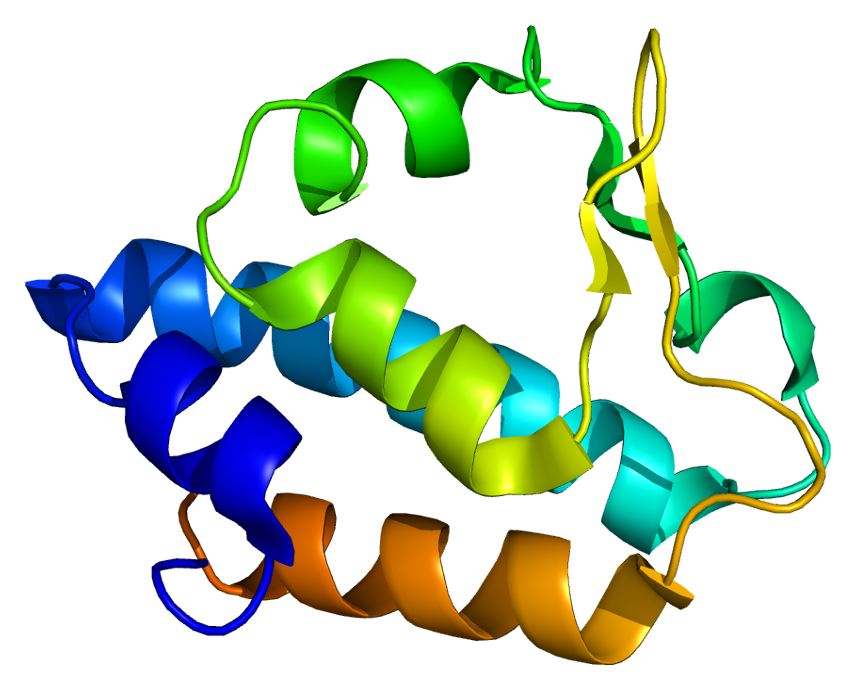NGLY1 deficiency

Editor-In-Chief: Prab R Tumpati, MD
Obesity, Sleep & Internal medicine
Founder, WikiMD Wellnesspedia &
W8MD's medical weight loss NYC, sleep center NYC
Philadelphia medical weight loss and Philadelphia sleep clinics
| NGLY1 deficiency | |
|---|---|

| |
| Synonyms | Congenital disorder of deglycosylation |
| Pronounce | |
| Specialty | Medical genetics |
| Symptoms | Developmental delay, movement disorders, liver dysfunction, seizures |
| Complications | N/A |
| Onset | Infancy |
| Duration | Lifelong |
| Types | N/A |
| Causes | Mutations in the NGLY1 gene |
| Risks | |
| Diagnosis | Genetic testing, clinical evaluation |
| Differential diagnosis | Other congenital disorders of glycosylation |
| Prevention | None |
| Treatment | Supportive care, physical therapy |
| Medication | |
| Prognosis | Variable |
| Frequency | Very rare |
| Deaths | |
NGLY1 deficiency is a rare genetic disorder caused by mutations in the NGLY1 gene, which encodes the enzyme N-glycanase 1. This enzyme is responsible for the deglycosylation of misfolded glycoproteins in the endoplasmic reticulum-associated degradation (ERAD) pathway. The deficiency leads to a buildup of misfolded glycoproteins, resulting in a variety of clinical symptoms.
Clinical Features[edit]
Patients with NGLY1 deficiency typically present with a range of symptoms, including:
- Developmental delay
- Hypotonia
- Seizures
- Liver dysfunction
- Movement disorders
- Alacrima (reduced tear production)
The severity and combination of symptoms can vary widely among affected individuals.
Genetics[edit]
NGLY1 deficiency is inherited in an autosomal recessive manner. This means that an affected individual must inherit two copies of the mutated gene, one from each parent. Carriers, who have only one copy of the mutation, typically do not show symptoms.
Pathophysiology[edit]
The NGLY1 enzyme plays a crucial role in the ERAD pathway by removing N-linked glycans from misfolded glycoproteins, allowing them to be degraded by the proteasome. In the absence of functional NGLY1, these glycoproteins accumulate, leading to cellular stress and dysfunction.
Diagnosis[edit]
Diagnosis of NGLY1 deficiency is typically confirmed through genetic testing, which identifies mutations in the NGLY1 gene. Biochemical assays may also be used to assess enzyme activity.
Management[edit]
Currently, there is no cure for NGLY1 deficiency. Management focuses on symptomatic treatment and supportive care, which may include:
- Physical therapy for motor skills
- Anticonvulsants for seizure control
- Nutritional support
- Management of liver dysfunction
Research[edit]
Research into NGLY1 deficiency is ongoing, with efforts focused on understanding the molecular mechanisms of the disease and developing potential therapies. Gene therapy and enzyme replacement therapy are areas of active investigation.
See also[edit]
Ad. Transform your life with W8MD's Budget GLP-1 injections from $75


W8MD offers a medical weight loss program to lose weight in Philadelphia. Our physician-supervised medical weight loss provides:
- Weight loss injections in NYC (generic and brand names):
- Zepbound / Mounjaro, Wegovy / Ozempic, Saxenda
- Most insurances accepted or discounted self-pay rates. We will obtain insurance prior authorizations if needed.
- Generic GLP1 weight loss injections from $75 for the starting dose.
- Also offer prescription weight loss medications including Phentermine, Qsymia, Diethylpropion, Contrave etc.
NYC weight loss doctor appointmentsNYC weight loss doctor appointments
Start your NYC weight loss journey today at our NYC medical weight loss and Philadelphia medical weight loss clinics.
- Call 718-946-5500 to lose weight in NYC or for medical weight loss in Philadelphia 215-676-2334.
- Tags:NYC medical weight loss, Philadelphia lose weight Zepbound NYC, Budget GLP1 weight loss injections, Wegovy Philadelphia, Wegovy NYC, Philadelphia medical weight loss, Brookly weight loss and Wegovy NYC
|
WikiMD's Wellness Encyclopedia |
| Let Food Be Thy Medicine Medicine Thy Food - Hippocrates |
Medical Disclaimer: WikiMD is not a substitute for professional medical advice. The information on WikiMD is provided as an information resource only, may be incorrect, outdated or misleading, and is not to be used or relied on for any diagnostic or treatment purposes. Please consult your health care provider before making any healthcare decisions or for guidance about a specific medical condition. WikiMD expressly disclaims responsibility, and shall have no liability, for any damages, loss, injury, or liability whatsoever suffered as a result of your reliance on the information contained in this site. By visiting this site you agree to the foregoing terms and conditions, which may from time to time be changed or supplemented by WikiMD. If you do not agree to the foregoing terms and conditions, you should not enter or use this site. See full disclaimer.
Credits:Most images are courtesy of Wikimedia commons, and templates, categories Wikipedia, licensed under CC BY SA or similar.
Translate this page: - East Asian
中文,
日本,
한국어,
South Asian
हिन्दी,
தமிழ்,
తెలుగు,
Urdu,
ಕನ್ನಡ,
Southeast Asian
Indonesian,
Vietnamese,
Thai,
မြန်မာဘာသာ,
বাংলা
European
español,
Deutsch,
français,
Greek,
português do Brasil,
polski,
română,
русский,
Nederlands,
norsk,
svenska,
suomi,
Italian
Middle Eastern & African
عربى,
Turkish,
Persian,
Hebrew,
Afrikaans,
isiZulu,
Kiswahili,
Other
Bulgarian,
Hungarian,
Czech,
Swedish,
മലയാളം,
मराठी,
ਪੰਜਾਬੀ,
ગુજરાતી,
Portuguese,
Ukrainian